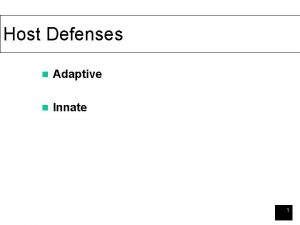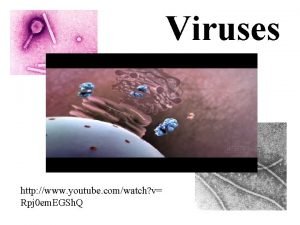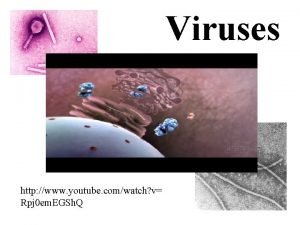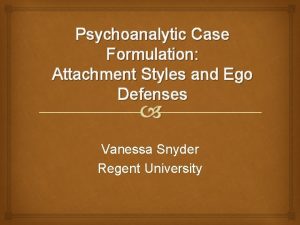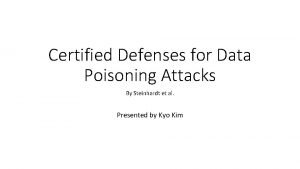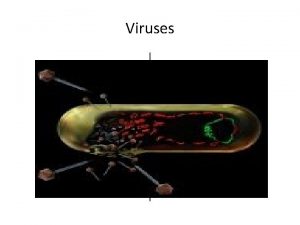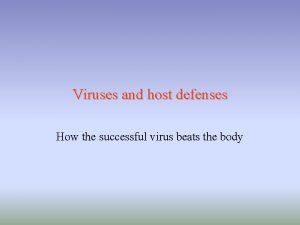Viral Immunopathology Viruses and host defenses Immunopathology Responses











- Slides: 11

Viral Immunopathology Viruses and host defenses

Immunopathology Responses to viral antigens can cause tissue damage

Mechanisms of Transmission • Aerosols- inhalation of droplets, e. g. Rhinoviruses, or Adenoviruses. • Fecal-Oral - e. g. Astroviruses, Caliciviruses; these viruses cause acute gastroenteritis. • Vector-borne - e. g. in Arthropods such as mosquitos, ticks, fleas: Arboviruses. • Close personal contact - especially exchange of bodily fluids: Sex; Blood, e. g. Herpesviruses

Transmission patterns • Horizontal Transmission: Direct person-to-person spread. • Vertical Transmission: transfer infection from parents to offspring. Several forms of vertical transmission can be distinguished: 1. Neonatal infection at birth, e. g. AIDS. 2. Infection in utero e. g. CMV, Rubella (CRS), AIDS. 3. Germ line infection - via ovum or sperm.



Immunity to viruses What prevents most viruses from causing disease? 1 -Skin 2 - Innate immune (non-specific) mechanisms (Interferon, Natural killer cells, Complement, macrophages, and apoptosis) restrict the early stages of infection and delay spread of virus. 3 -As a viral infection proceeds, the adaptive (specific) immune response unfolds. – Antibodies – Cytotoxic T cells

Innate (non-specific) immune response to viral infection • Early non-specific or innate immune 1 - Interferon (IFN) • Type I IFNs (IFN α and IFN β) (virus-infected cells) • Type II IFN or IFN γ (activated T and NK cells) 2 - Natural killer (NK) cells 3 - Macrophages

Interferon • Interferons are proteins produced by cells infected with viruses, or exposed to certain other agents, which protect other cells against virus infection or decrease drastically the virus yield from such cells. Interferon itself is not directly the anti-viral agent, but it is the inducer of one or many anti-viral mechanisms • Activities of interferon 1 -Antiviral actions 2 -Immunomodulatory actions 3 -Other actions (regulate tumor growth)

Diseases currently treated with IFN-alpha and IFN-beta • • hepatitis C hepatitis B papilloma warts and early trials with cervical carcinoma Kaposi sarcoma of AIDS, colon tumors kidney tumors ( usually in combination with other drugs). Basal cell carcinoma Breast cancer combined with tamoxifen.

Interferon mechanism against viruses
 Host defenses
Host defenses Lytic cycle animation
Lytic cycle animation Watch?v=dckvspcd8gs
Watch?v=dckvspcd8gs Definitive host vs intermediate host
Definitive host vs intermediate host Chapter 12 the lymphatic system and body defenses
Chapter 12 the lymphatic system and body defenses Chapter 12 the lymphatic system and body defenses
Chapter 12 the lymphatic system and body defenses Chapter 12 the lymphatic system and body defenses
Chapter 12 the lymphatic system and body defenses Splitting defense mechanism example
Splitting defense mechanism example Neur ips
Neur ips Certified defenses for data poisoning attacks
Certified defenses for data poisoning attacks Nicolas papernot
Nicolas papernot Section 24-1 viral structure and replication
Section 24-1 viral structure and replication
